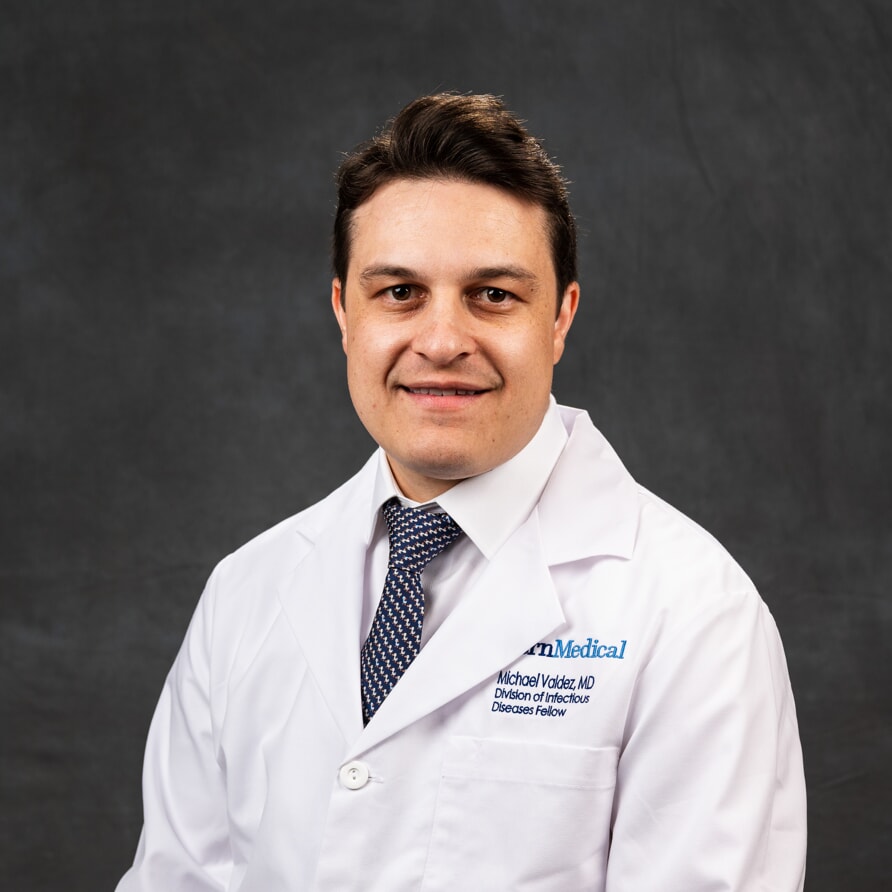Virtual Family Mental Health Services
Table of Contents

Family Therapy Online in California
Per the Mayo Clinic, “family therapy is a type of psychological counseling (psychotherapy) that can help family members improve communication and resolve conflicts.
Family therapy is usually provided by a psychologist, clinical social worker or licensed therapist. These therapists have graduate or postgraduate degrees and may be credentialed by the American Association for Marriage and Family Therapy (AAMFT).
Family therapy is often short term. It may include all family members or just those able or willing to participate. Your specific treatment plan will depend on your family’s situation. Family therapy sessions can teach you skills to deepen family connections and get through stressful times, even after you’re done going to therapy sessions.”
Promising Outlook often utilizes Family Therapy as part of a personalized multi-pronged approach to treatment as part of an intensive outpatient program when once-a-week therapy isn’t enough.

Have questions about if family therapy is right for you? Call us at 866.980.2869.
Treatments
Getting the most out of family therapy.
Family therapy typically brings several family members together for therapy sessions. However, a family member may also see a family therapist individually.
Promising Outlook recommends a personalized approach, built around intensive outpatient therapy as a possible solution.
Approach Therapy as a Partnership
Therapy is most effective when you're an active participant and share in decision-making. Make sure you and your therapist agree about the major issues and how to tackle them. Together, you can set goals and assess progress over time.
Be Open and Honest
Success with therapy depends on your willingness to share your thoughts, feelings and experiences, and on being open to new insights and ways of doing things. If you're reluctant to talk about certain things because of painful emotions, embarrassment or fears about your therapist's reaction, let your therapist know about your reservations.
Don't Expect Instant Results
Working on emotional issues can be painful and often requires hard work. It's not uncommon to feel worse during the initial part of therapy as you begin to confront past and current conflicts. You may need several sessions before you begin to see improvement.
could Family Therapy help me?
Benefits of Family Therapy
Family therapy can help you improve troubled relationships with your partner, children or other family members. You may address specific issues such as marital or financial problems, conflict between parents and children, or the impact of substance abuse or a mental illness on the entire family.
Your family may pursue family therapy along with other types of mental health treatment, especially if one of you has a mental illness or addiction that also requires additional therapy or rehabilitation treatment. For example:
Family therapy can help family members cope if a relative has a serious mental illness such as schizophrenia — but the person who has schizophrenia should continue with his or her individualized treatment plan, which may include medications, one-on-one therapy or other treatment.
In the case of addiction, the family can attend family therapy while the person who has an addiction participates in residential treatment. Sometimes the family may participate in family therapy even if the person with an addiction hasn’t sought out his or her own treatment.
Family therapy can be useful in any family situation that causes stress, grief, anger or conflict. It can help you and your family members understand one another better and learn coping skills to bring you closer together.
Family therapy is often combined in our intensive outpatient program to support recovery.
Family therapy is often combined in our intensive outpatient program to support recovery.
Learn about the Intensive Outpatient Program.
Promising Outlook’s online “recover-from-home” Intensive Outpatient Program helps empower adults 18+ in understanding and successfully overcoming their mental health struggles with the unique strength of an unparalleled, multi-pronged approach to mental health care.
Our experienced clinicians are equipped to handle a wide variety of conditions. Have a question? Give us a call at 866.980.2869. It’s confidential and free. We care, and are here to help you on your recovery journey.
- Fully Personalized Treatment Plans
- No Waitlists
- Get Support in Minutes
- 9-12 Week Program, All Online
- Experienced Certified Clinicians
- Cutting Edge Treatments
- Licensed and Accredited to Accept Most PPO Employer Insurance
- Includes 1 on 1 Sessions and Support Groups Proven to Assist Recovery

Our experienced clinicians specialize in treating Anxiety Disorders, Trauma, Gender Identity & Dysphoria, Addiction, Depression and more.
How IOP works
Start your recovery today.
You can do this.
Promising Outlook’s Intensive Outpatient Program (IOP) is curated for those in need of more support than once-weekly therapy.
We offer uniquely personalized comprehensive care solution that includes multiple weekly sessions of supported groups, family therapy, and individual therapy for 9 to 12 weeks. Clients engage in intensive care around 10 hours a week in various support capacities.
Get in Touch
The first, and hardest step, is just picking up the phone right now or filling out an instant form to our admissions team.
No waitlists. Get support in minutes.
Call 866.980.2869
1
Share Your Story
Next you'll meet with our clinical team and share about your mental health history and your unique story.
Our team will also handle your insurance agency, helping with all the paperwork.
2
Begin Your Recovery
You'll be matched to a Promising Outlook licensed clinician, an IOP Support Group, engage in multiple 1 on 1 sessions weekly, family therapy and more. You'll receive a diverse set of science-backed therapeutic modalities to aid in your recovery over the next 9-12 weeks.
3
Take the next step
Get started today.
We know that asking for help takes bravery. Reaching out is the first step, and the hardest. Our compassionate admissions team really does care about you. So take a deep breath, and pick up the phone right now. You can do it. And we can’t wait to hear your unique story.
100% Confidential
Our expert team operates at the highest level of HIPAA privacy practices, and your call is completely confidential.
Get help in minutes
Promising Outlook strongly believes in the urgency of care. Not waitlists. And a real person will pick up your call every time.
Available 24/7
Our team understands conditions don't just affect you 9-5, so we work overtime for you. Give us a call night or day, rain or shine. Take the next step, you can do this.
Call 866.980.2869

We are licensed and accredited to accept most PPO employer insurance.
Our admissions team can help navigate your insurance policy and do our best to mitigate costs for you based on your plan.
Please note, we are not able to accept HMOs, Covered California, Medicare or uninsured at this time.
FAQs for Online Family Therapy
The four main types of family therapy include:
- Structural Family Therapy: Focuses on improving family dynamics and interactions between family members.
- Strategic Family Therapy: Addresses specific problems using tailored interventions and problem-solving techniques.
- Systemic Family Therapy: Examines the family system as a whole to identify and resolve patterns affecting mental health.
- Psychoeducational Family Therapy: Provides education about mental health conditions, substance abuse, or other challenges impacting the family unit.
Yes, virtual family therapy is a convenient and effective way to address family dynamics and improve relationships. Through telehealth, licensed family therapists conduct family therapy sessions online, helping the entire family from the comfort of their own home.
The cost of online group therapy varies depending on the provider, platform, and whether insurance is accepted. Prices typically range from $30 to $80 per session, but some counseling services may offer sliding-scale fees to accommodate your family’s needs.
Online family therapy is a form of counseling where licensed family therapists provide support to families using telehealth platforms. It addresses issues such as conflict resolution, behavioral issues, and family relationships through virtual therapy sessions, making care accessible and flexible for families.
Yes, online family therapy is effective for improving family dynamics and resolving conflicts. Studies show that virtual therapy services are as beneficial as in-person therapy, helping families navigate challenges like mental health issues, life transitions, and substance abuse.
Telehealth marriage and family counseling is a form of virtual therapy where licensed marriage and family therapists provide support for couples and families. It focuses on strengthening relationships, addressing mental health conditions, and improving overall well-being through secure, HIPAA-compliant platforms.
Teletherapy is the delivery of mental health services through telehealth platforms, allowing individuals, couples, and families to engage in therapy sessions via video calls, phone, or secure messaging. It’s a flexible way to access support for mental health issues, family relationships, and more.
Yes, telehealth platforms used for online family counseling are typically HIPAA-compliant, ensuring that your personal information and therapy sessions remain private and secure.
Family therapists help improve communication, resolve conflicts, and address challenges within the family unit. They work with family members to navigate issues like behavioral issues, substance abuse, or life transitions while fostering wellness and stronger relationships.
To choose the right online family therapist, consider:
- Qualifications: Ensure the therapist is a licensed marriage and family therapist or mental health professional.
- Experience: Look for expertise in areas like family systems, conflict resolution, or specific needs such as ADHD or eating disorders.
- Approach: Select someone who aligns with your family’s goals and uses appropriate interventions.
- Reviews/Referrals: Seek recommendations from trusted sources or platforms.
You can find a qualified online family therapist by:
- Searching through reputable telehealth platforms like Promising Outlook.
- Checking credentials, areas of specialization, and reviews.
- Consulting your healthcare provider for a referral to a licensed family therapist. This ensures you connect with someone who meets your family’s needs and supports your path to well-being.
Take the next step towards a better you
Call 866.980.2869
Promising Outlook is here for you. It takes courage. You can do this, and we can help.
